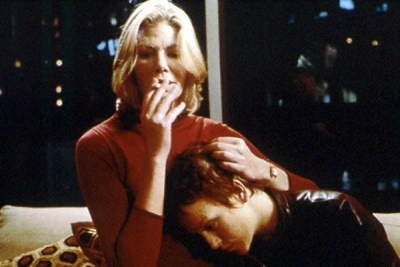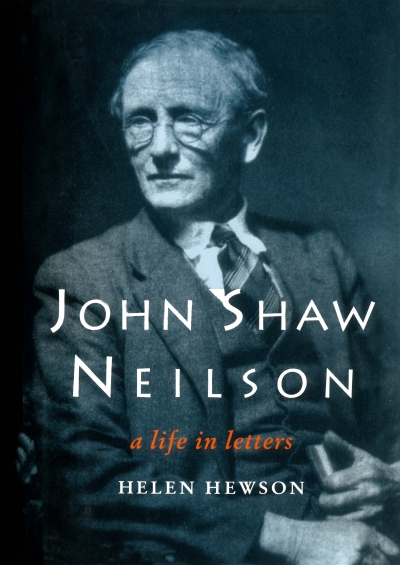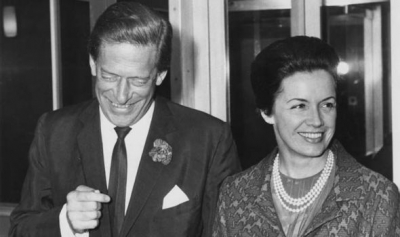Archive
La Trobe University Essay | 'Infidelity: "The Monkey’s Mask" in Poetry and Film' by David McCooey
Movies are often criticised for their lack of fidelity, for not keeping faith with their sources, especially novels, their audience, or their glorious antecedents. Infidelity is also a key plot device, especially of genre films: melodrama, comedy, crime, even the western. We keep going back to the movies partly because they don’t give us what we want. The New York poet Frank O’Hara suggests this in ‘An Image of Leda’, his breathless adaptation of the myth of Leda and the Swan as an allegory for watching films:
... (read more)You are going to Singapore, they said. Yes, but which way? was the natural response. If I’m flying to the island-city, my flight should take in something with a more exotic range of scenery, perhaps even a sniff of nature. Birds and stuff. So the painter and I decided on Portugal: and why not throw in Spain? My own travels had never taken me further than Catalonia, which so determinedly is, and is not, Spain. Off, then, for the long flight west with good books and red wine; en route I looked down on Cairo for the first time in my life. The Ptolemaic map of lights spread out as though forever.
... (read more)Gold edited by Iain McCalman, Alexander Cook and Andrew Reeves & Gold and Civilisation by
As mouths go, it must be one of the most fabled of the century past. The lips, as widely parted as they could be, suggest the contours of a distended heart. There is an upper gallery of teeth, slightly imperfect, and glazed by spittle mingling with the crystal darts and droplets of a powerful jet of water issuing relentlessly from above the face. A mottled tongue is ...
I’ve been trying to place love
in the exhibit for inspection
but there are fees to be perfected.
It isn’t difficult to establish conversational tone in writing. And since a column about language and usage ought to be a conversation, we’ll go for that tone. Let’s start with a workout for a current, overused device. There’ve been three of them before this sentence: four now. You’ll find them if you look (Five.) Yes, we’re looking at the conversational contraction, and it’s time to stop counting.
... (read more)Readers will notice major changes in this second issue of ABR for 2001. The cover looks notably different, courtesy of Chong, Text Publishing’s inimitable designer. I was delighted when Chong offered to redesign our cover. Our changed masthead seems sensible, for the magazine is known widely as ABR, after all. Readers can expect more design changes in coming issues.
... (read more)It’s funny about Australia and me. For the first thirty years of my life, I longed to get out of it, and now I can never wait to come back! I have lived in England for forty-two years. I have a marvellous marriage, an English son, three English stepsons, fourteen English grandchildren, and a host of devoted English friends. I love England, the countryside and the changing seasons, from the film of green announcing spring to the glory of autumn and the magic of seeing the bones of the landscape through bare trees in winter. The sound of English birds thrills me. Were I banished, the recollection of the ‘chukka-chukka’ of pheasants (all right, I know they were originally Chinese!) going up to roost would reduce me to tears.
... (read more)






